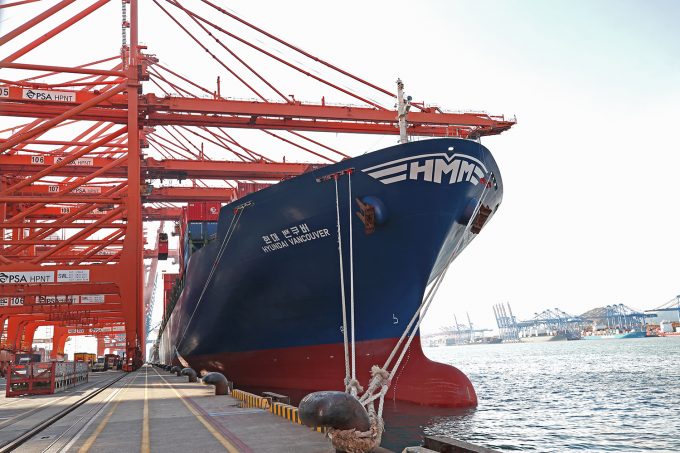US CBP sees 90% fall in revenue last month; airfreight sees ecomm slide
February may have been the month in which the US suspended its de minimis exemption ...

South Korea’s Ministry of Agriculture, Food and Rural Affairs (MAFRA) has asked flag-carrier HMM to reserve space for food and agri-product exporters on its South Korea-Australia services in November and December.
Each month, HMM will set aside 36 teu for Korean food and agri-exports to the Australian ports of Sydney, Melbourne and Brisbane.
This volume corresponds with 79% of demand for Korean food products, such as kimchi (fermented spicy cabbage), mandu (dumplings), mushrooms and pears, in Australia.
Next year, the shipping arrangement will ...
Maersk u-turn as port congestion increases across Northern Europe
Apple logistics chief Gal Dayan quits to join forwarding group
Maersk Air Cargo sees volumes fall as it aims for 'margin in favour of revenue'
Airlines slash freighter capacity post-de minimis, but 'the worst is yet to come'
Houthis tell Trump they will end attacks on Red Sea shipping
Transpac rates hold firm as capacity is diverted to Asia-Europe lanes
MSC revamps east-west network as alliance strategies on blanking vary
India-Pakistan 'tit-for-tat' cargo ban sparks sudden supply chain shocks


Comment on this article